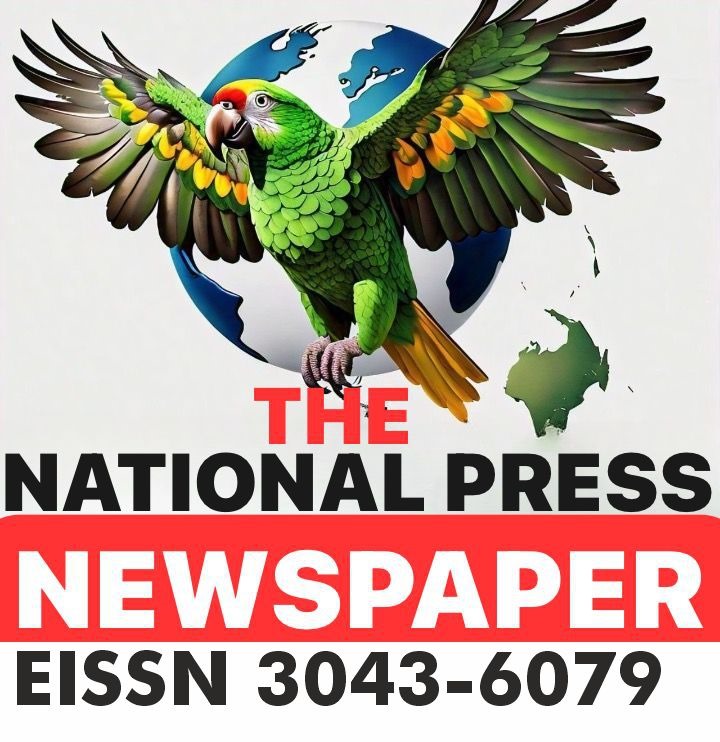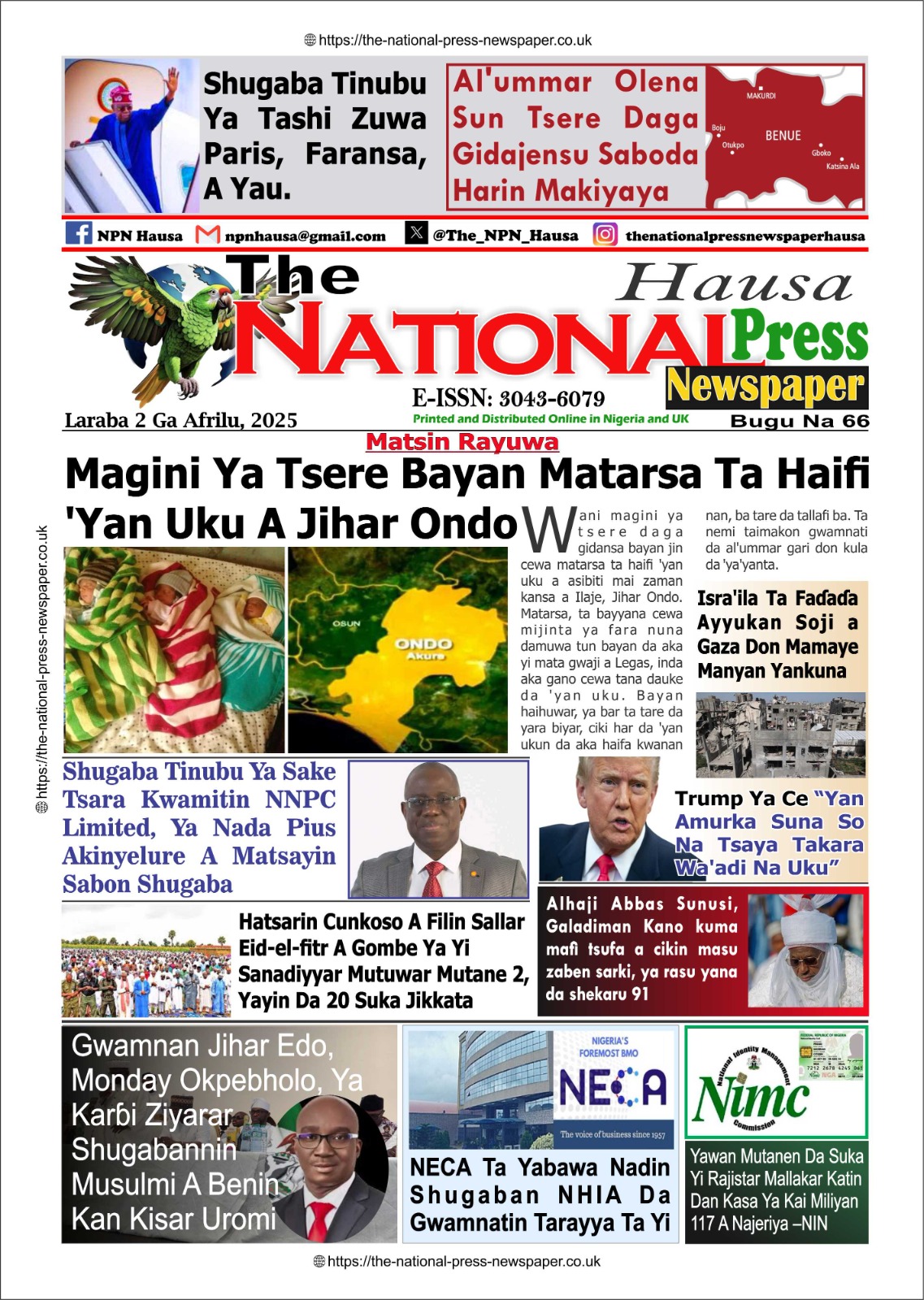The Nigerian Senate, the highest lawmakers in the country, yesterday Thursday, approved President Bola Tinubu’s loan request of $2.2 billion to partially finance the ₦9.7 trillion budget deficit for the 2024 fiscal year.
The approval followed the presentation of a report by the Chairman, Senate Committee on Local and Foreign Debts, Aliyu Wamakko, during plenary.
Presiding over the session, Deputy Senate President, Jibrin Barau, commended the committee for its swift action and thorough examination of the loan request.
In a letter read during the Senate and House of Representatives plenaries on Tuesday, Tinubu had explained that the loan was integral to his administration’s fiscal strategy for the coming year.
“The presidential request for $2.2 billion, equivalent to ₦1.77 trillion, is already enshrined in the external borrowing plan for the 2024 fiscal year,” Senate President, Godswill Akpabio, stated while reading the letter.
He further directed the Senate Committee on Local and Foreign Debts to expedite its review of the request and present a report within 24 hours.
“The Senate Committee on Local and Foreign Loans should, therefore, give the request expeditious consideration and report back within 24 hours,” Akpabio emphasised.
Although the deadline elapsed on Wednesday, the committee submitted its findings during Thursday’s plenary, leading to the loan’s approval.
Wammako, in the report titled, “Implementation of New External Borrowing of N1,767,610,321,779.00 equivalent to $2.209bn in the 2024 Appropriation Act through the issuance of Eurobonds and other sources,” said the presidential request was necessary for approval.
According to him, the requested loan is planned for execution of ongoing projects and programmed in the 2024 Appropriation Act which are critical for growth and development.
“It will contribute to the implementation of the Debt Management Strategy which seeks to reduce the cost of borrowing, lengthen the maturity of the public debt stock, free up space in the domestic market for other borrowers and help increase Nigeria’s external reserves,” he explained.
He added that Nigeria could raise all or part of the new external borrowing of $2.21bn through the issuance of Eurobonds in the International Capital Market.
The committee, as presented by Wammako, recommended thus, “That the Senate do approve the implementation of the new external borrowing of one trillion, seven hundred and sixty-seven billion, six hundred and ten million, three hundred and twenty-one thousand, seven hundred and seventy-nine naira (1,767, 610,321,779.00) — (the equivalent of USD2,209,512,902.22b) at the budget exchange rate of USD1.00/800 in the 2024 Appropriation Act and that the amount should be raised from one or more sources.
“Namely; Issuance of Eurobonds in the ICM, Issuance of debt sovereign Sukuk in the ICM and Bridge/syndicated loans, subject to market conditions.”
Wammako added, “Based on availability and cost, to issue Eurobonds in the sum of USD1.70 billion or more, but not more than USD2,209,512,902,.22bn, approved as new external borrowing in the 2024 Act.
“Given the significant increase in the official exchange rate from USD1.00/800 to approximately 41,640, it is recommended that the exchange rate excess resulting from this adjustment be exclusively utilised for the implementation of capital projects in 2024.
“This will ensure that additional funds are directed to infrastructure and developmental projects that will contribute to the nation’s long-term growth and stability.”
After the report’s presentation, the Senate approved it at the Committee of Supply without any dissenting voice.
In his remarks after the approval, the Senate Deputy President commended the Wammako-led committee for a job well done.





